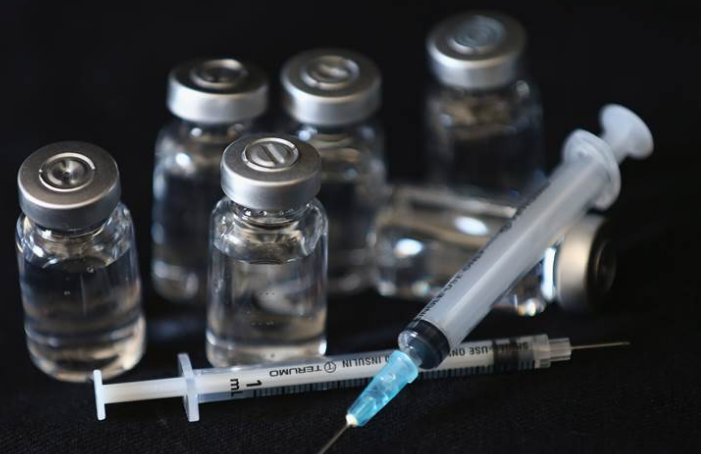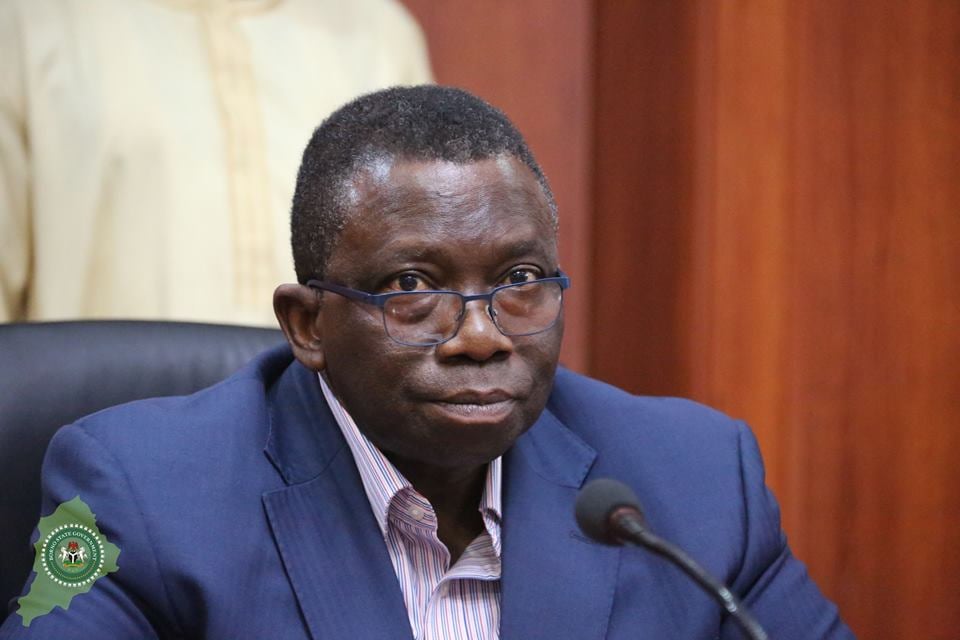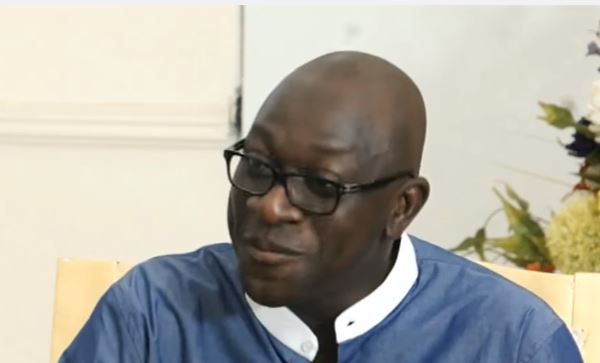The World Health Organisation (WHO) says that the power of vaccines to ward off infectious diseases in children through immunisation is being underutilised.
The organisation said this on Monday, as the world immunisation week begins.
Margaret Chan, director-general of WHO, added that by increasing immunisation globally, the lives of an additional 1.5 million people could be saved every year.
“Vaccinations stave off 26 potentially deadly diseases,” Chan emphasised in a statement on the first day the week.
Advertisement
“At the same time, the full potential of vaccines is still not fully utilised,” adding that, “when immunisation rates were high, the wider community was protected.
“Vaccines are one of modern medicine’s major success stories, having prevented at least 10 million deaths between 2010 and 2015.
“It has succeeded in tackling infectious diseases by making people immune or resistant, and stimulating the body’s own immune system.”
Advertisement
According to her, the week also marked the halfway point of the WHO’s goal to stop millions of deaths from vaccine-preventable diseases.
The list of preventable diseases includes measles, rubella, maternal and neonatal tetanus, WHO said.
Meanwhile, WHO has warned that the target of all 194 countries that signed the agency’s global action plan to eliminate vaccine-preventable diseases by 2020 was behind schedule.
The UN health agency stressed that “in order for everyone, everywhere to survive and thrive, countries must make more concerted efforts to reach Global Vaccine Action Plan (GVAP) goals by 2020”.
Advertisement
This year, immunisation week falls at the halfway point of completing the target set by GVAP to eliminate vaccine-preventable diseases.
The goal of the plan is to improve the health of all people by extending the benefits of immunisation through more equitable access to vaccines.
According to the WHO’s latest numbers, an estimated 19.4 million infants worldwide were not reached with routine immunisation services such as Diphtheria-tetanus-pertussis (DTP3) immunisation coverage.
Speaking on behalf of the world’s children, Chan said children should be a prime concern of all societies.
Advertisement
“No child should be denied the right to immunization for unfair reasons, including economic or social causes; all barriers must be overcome,” WHO quoted the director-general as saying.
“Of the 19.4 millions children without lifesaving DTP3 immunization, about 11.5 million of them live in 10 countries.
Advertisement
“They are namely Nigeria, Angola, the Democratic Republic of the Congo, Ethiopia, India, Indonesia, Iraq, Pakistan, the Philippines, and Ukraine.”
The goal of all 194 GVAP signatories is to achieve vaccination coverage of at least 90 per cent nationally and at least 80 per cent in every district by 2020.
Advertisement
Add a comment







